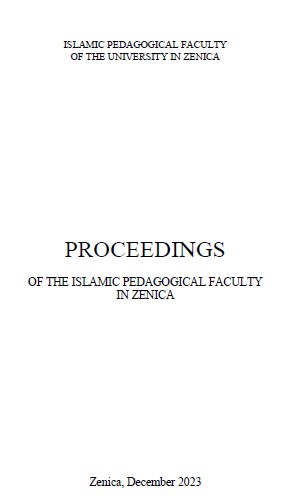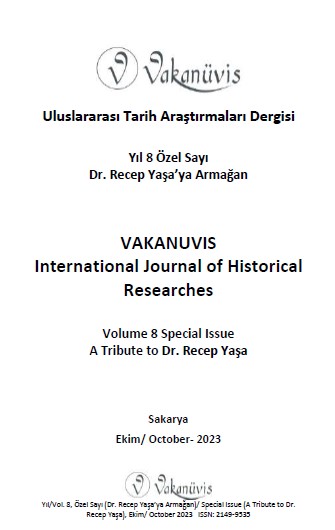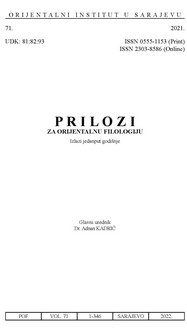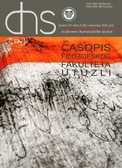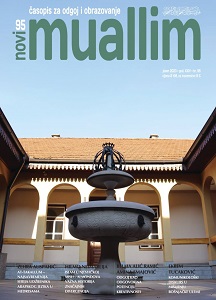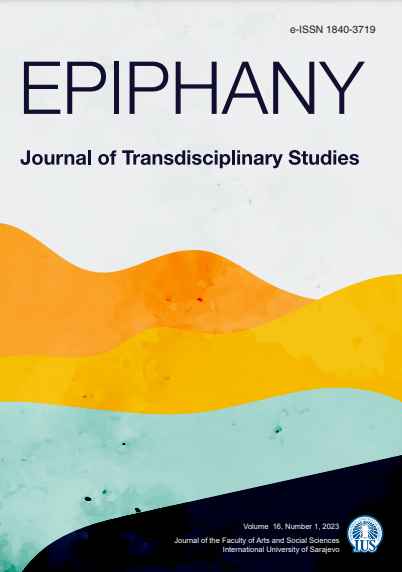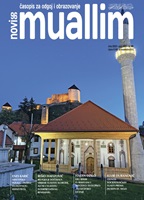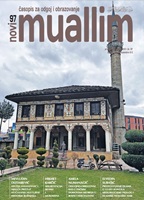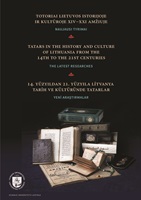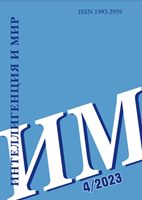Author(s): Veneta Yankova / Language(s): Russian
Issue: Spec/2023/2023
The article provides preliminary notes on traditional beliefs and ideas about good and bad and happy and unhappy days known to Tatars in Dobrudja and Polish-Lithuanian Tatars. For this purpose, beliefs related to the days of the week from M. Mollova work (published in French, Mefküre Mollova, “Croyances, que les turcs de Balkans attachment au jours de la semaine”, in: Acta Orientalia Academiae Scientiarum Hungaricae, 1969, XXIII (3), p. 361–376) and beliefs about happy and unhappy days from Alexandrovich’s hamail, Tatar manuscript of the 19th century (Marek M. Dziekan, “Opisanie dni miesięcznych z chamaiłu Aleksandrowicza”, in: Tatarzy polscy – adoptowani do narodu, Cz. Łapicz i M. Lewicka (red.), Litteraria Copernicana, 2 (18), 2016, s. 91–101) are analysed. They are supplemented by materials from the author’s field studies. By their nature, these are oral and written texts that have a practical purpose and are associated with popular fortune-telling and predictive practices. The scope of permitted or prohibited actions on certain days is indicated, as well as the justification for this with the help of events and personalities from the history of Islam in accordance with what is written in the Holy Quran. They reflect the traditional lifestyle and calendar beliefs of the common people. An attempt was made to systematize the permitted and unacceptable activities on certain days related to agriculture, family, wedding, childbirth, travel, illness, dreams, etc. By means of their comparative analysis, the manifestations of the so-called folk (popular) Islam, the connection with the common Turkic and all-Islamic heritage are revealed, the role of the contexts of the Balkan and Baltic cultures is outlined. It is assumed that what has been preserved from the beliefs of the Tatars in Dobrudja and the Polish-Lithuanian Tatars reflects the relationship between the spoken and written word: for the Tatars in Dobrudja it is rather an oral, everyday version, while the Polish-Lithuanian Tatars have a written primary source. In the perspectives of the research, it is possible to look for traces of the spread of written sources of a similar nature in the Balkans. Also, to reveal the universal dimensions of beliefs in good days and bad days, as similar beliefs are known among other ethnic groups and denominations.
More...
